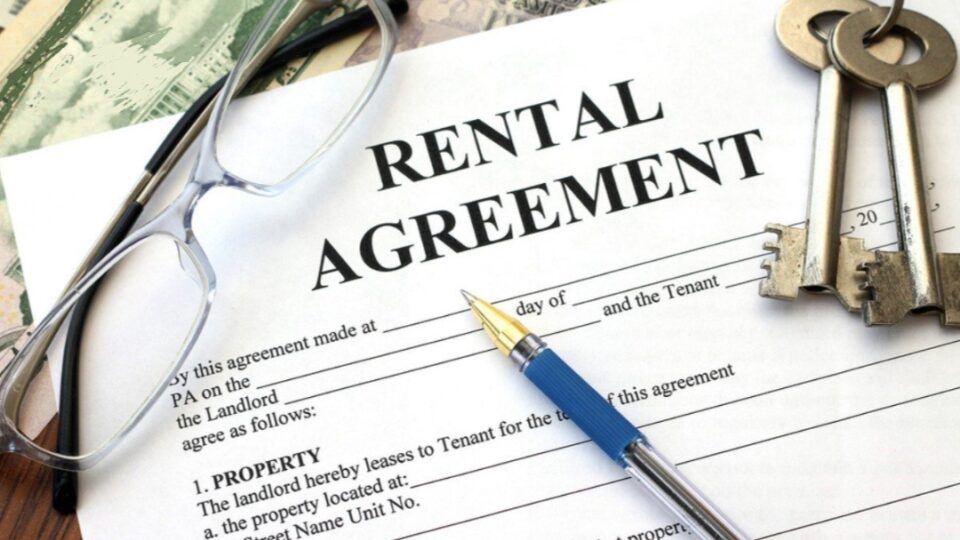Inflation And Economic Recovery – Hurting Indian Companies Now, Can Also Hurt Consumers Soon
Indian businesses are lacking to increase resources expenses. It might need the reserve bank to relax stimulation beyond expectation. Also, it will endanger a stock exchange rally which has made millions for financiers.

Businesses ranging from Tata Motors Ltd to Unilever PLC, the CEOs and owners of these Indian giant companies are complaining about pricier inputs. Also, they are irritated at they cannot hand down expenses to consumers reeling from the pandemic-induced financial shock.
Sameer Narang (primary economic expert at the financial institution of Baroda in Mumbai) claimed that “Companies are yet to hand down the boost in underlying input expenses as a result of weak need.” He also claimed that this will surely bring a change as growth and consumer’s self-confidence revitalizes.
Also Read: India Needs At Least $100 bn FDI Every Year To Reach $5 Trillion Economy Says India-centric US Group
Reserve Bank of India said, “That recovery in consumer optimism may be just around the corner, according to a survey by the Reserve Bank of India. While households were downbeat about the current economic conditions, they are hopeful about the year ahead prospects.”

Any sort of hike in price might wind up the inflation further and complicate the reserve bank’s effort to funding the economy. However, real estate companies benefit from inflation. Mortgage costs are mostly fixed, whereas rents might rise with overall inflation, helping property owners.
Also Read: Fuel Prices Remain Steady As Global Crude Oil Remains Weak: Check Prices Here
Although, there is a business manager who complains about increasing costs because the prices they receive will also rise, which makes a slight change in gross margin. One of the core problems a company face is large inventories. For instance, profit earned by a store mainly reflects the spread between wholesale and retail prices. If we talk about the inflationary environment, profit is both the retail-wholesale spread plus also the price increase while holding the inventory. This profit is taxable, but the taxable inflation gains are not real.
Now, the biggest challenge for a business is to manage through uncertain business cycles. Higher average inflation generally meant a less stable real economy.



